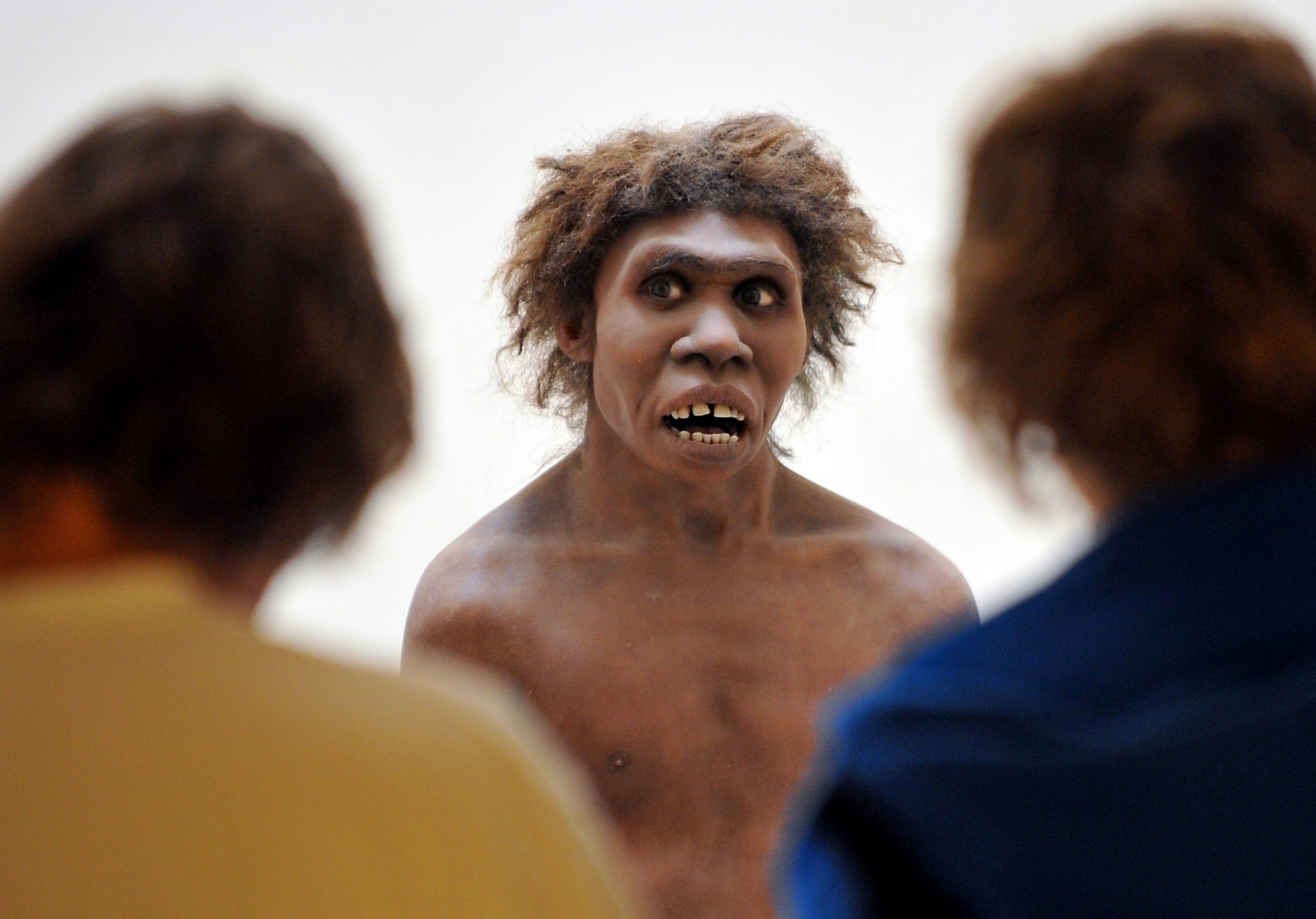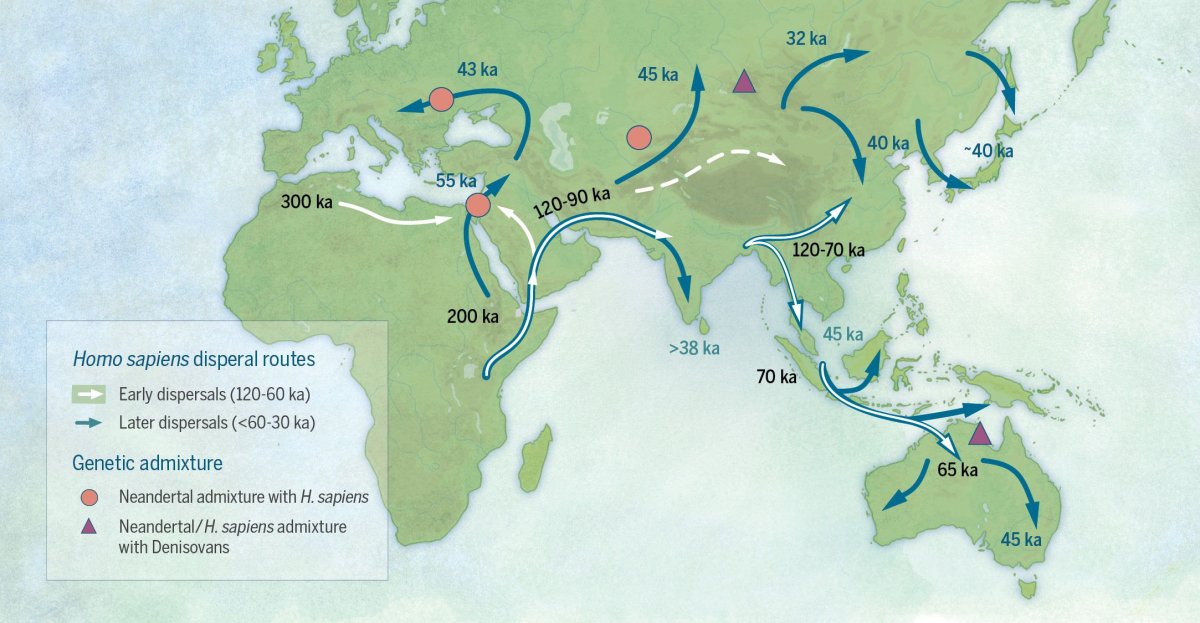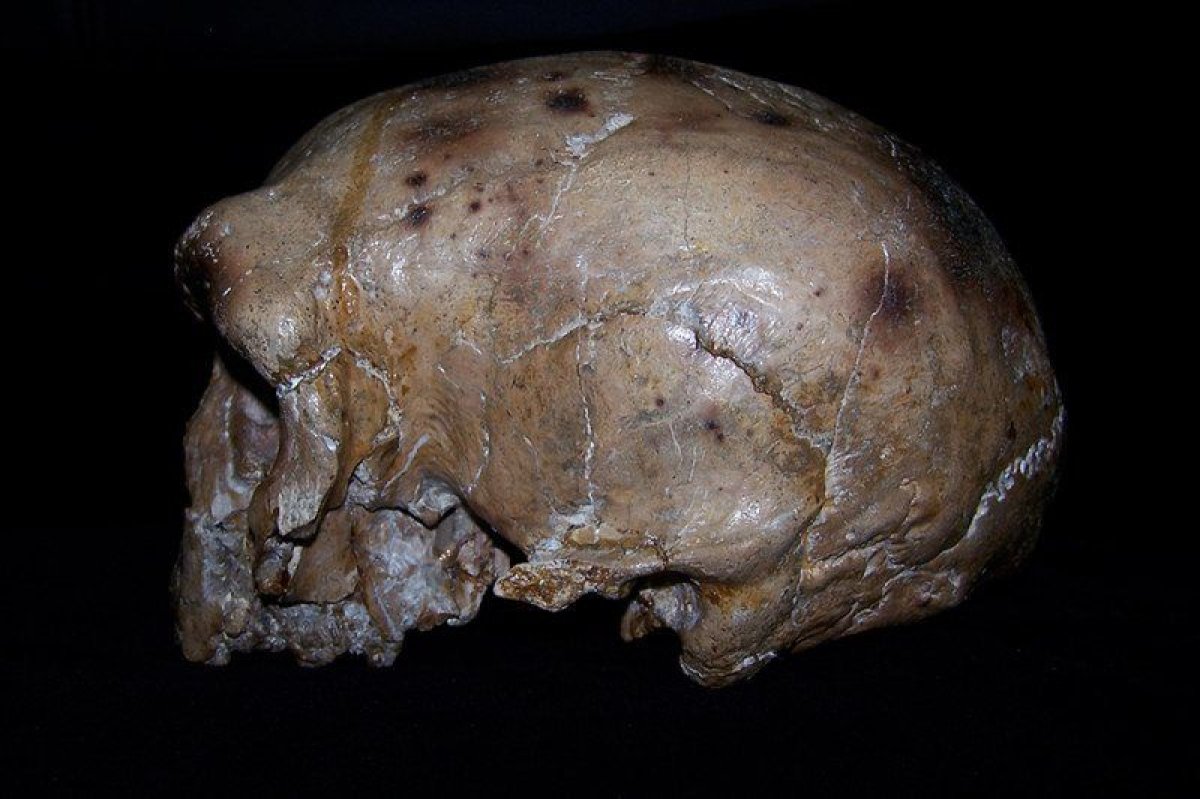
New archaeological evidence has undermined elements of the so-called "Out of Africa" theory, the widely supported model that maps the migration of the earliest humans from Africa. Scientists now believe humans departed Africa as early as 120,000 years ago—60,000 years earlier than previously thought.
Researchers from the Max Planck Institute for the Science of Human History, in Jena, Germany, and the University of Hawaii at Manoa, used cutting-edge DNA analysis to date ancient human bones found in Asia. In a report published in the journal Science on Thursday, the researchers reveal that the bones, from southern and central China, date from between 70,000 and 120,000 years ago.

Evidence rewrites human origins
Other recent studies link DNA from all contemporary non-African populations to the "Out of Africa" migration event. Scientists believe that vast numbers of prehistoric humans left the continent in one enormous departure 60,000 years ago.
The new research proposes a new model for early human migration, which builds on the existing theory. Long before the giant migration, small pockets of explorers traveled the world.
In a press release, anthropologist Michael Petraglia, from the research team, said: "The initial dispersals out of Africa prior to 60,000 years ago were likely by small groups of foragers, and at least some of these early dispersals left low-level genetic traces in modern human populations."
Interspecies breeding
First to set foot on modern-day Asian soil, these pioneers traveled as far as Australia. Not only did they discover much of today's world, but they got friendly with our non-human cousins.
If you live outside of Africa, up to 4 percent of your early family tree might be made up of Neanderthal cousins. Residents of Pacific islands like Fiji have 5 percent Denisovan heritage on average. Denisovans are a hominin species discovered only nine years ago in research published in Nature.
A new origin story is needed

This is not the first time new evidence has challenged the traditional "Out of Africa" story. Last month, scientists found marked similarities between a 260,000-year-old Homo erectus skull and that of the modern Homo sapien. The skull, found in China, may mean early human evolution took place outside of Africa.
The recent discovery of 9 million-year-old teeth by German archaeologists could suggest a European origin for humanity.
The authors of the new report argue that the key to unwrapping the human origin story is investigation beyond pure archaeology.
"What we are seeing in the behavioral record is that the spread of so-called modern human behaviors did not occur in a simple time-transgressive process from west to east," another of the report's authors, anthropologist Christopher Bae, writes. "Ecological variation needs to be considered in concert with behavioral variation between the different hominin populations."
Katerina Douka, a researcher in archaeological science, and another of the report's authors, adds: "There have been an increasing number of multidisciplinary research programs launched in Asia over the past few decades. The information that is being reported is helping to fill in the gaps in the evolutionary records."
Uncommon Knowledge
Newsweek is committed to challenging conventional wisdom and finding connections in the search for common ground.
Newsweek is committed to challenging conventional wisdom and finding connections in the search for common ground.
About the writer
Katherine Hignett is a reporter based in London. She currently covers current affairs, health and science. Prior to joining Newsweek ... Read more
To read how Newsweek uses AI as a newsroom tool, Click here.








